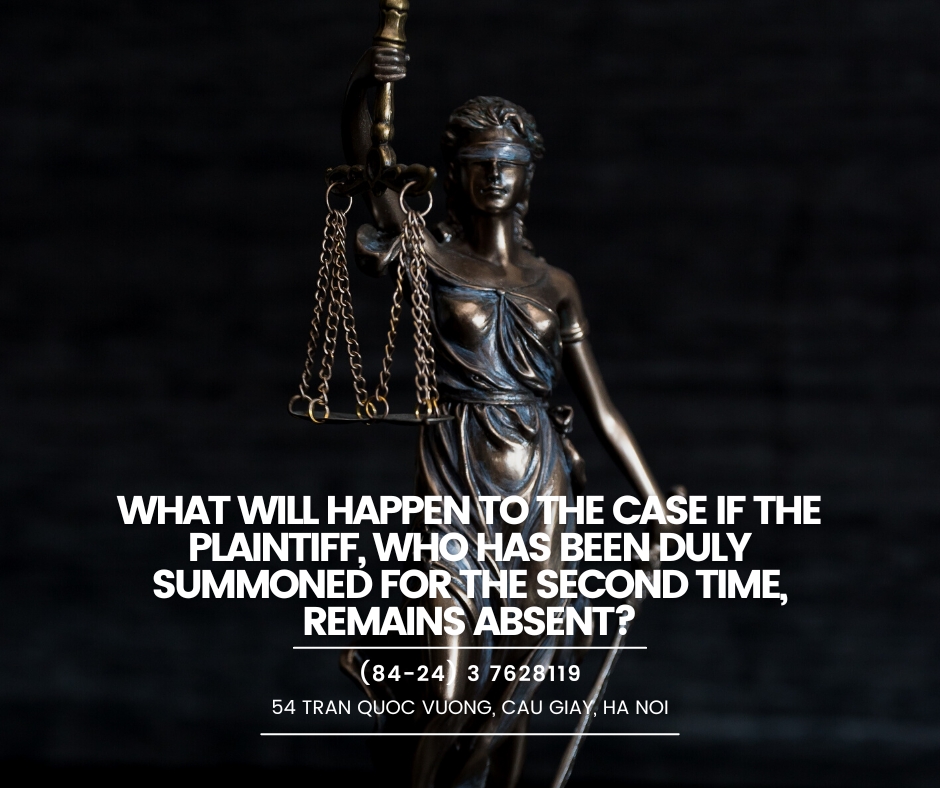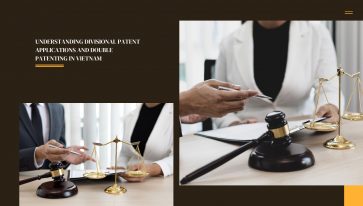
Question:
Dear lawyer, I have a question in the following issue, I would like to receive a lawyer’s advice! I sincerely thank you!
In case the plaintiff is duly summoned for the second time but still absent, will the court settle the judgment enforcement in the decision to suspend?
Reply to consultant:
Regarding the question you asked me, I would like to answer as follows:
According to the provisions of Clause 4, Article 217 of the 2015 Civil Procedure Code:
“Article 217. Suspension of settlement of civil cases
…4. For cases to be retried according to first-instance procedures after a decision on cassation or reopening is issued but the Court decides to stop the settlement of the case, the Court must also deal with consequences of the execution of the case project, other related issues (if any). In case the plaintiff withdraws the lawsuit petition or is still absent after being duly summoned for the second time, the termination of the settlement of the case must be agreed upon by the defendant and persons with related interests and obligations.
According to the above provisions, if the case has been decided by cassation or reopening procedures to cancel the judgment for re-trial, the process of re-settlement of the first-instance trial agency will take place. If the plaintiff withdraws the entire lawsuit petition or has been summoned to the court for the second time but is still absent, and does not request a trial in their absence or because of force majeure events or objective obstacles, the termination of the settlement of the case must be agreed upon by the defendants and persons with interests related obligations. Therefore, if the plaintiff withdraws the entire petition or is still absent after being duly summoned for the second time, but does not request a trial in their absence or because of force majeure events or objective obstacles, the court must consult the defendant and persons with related interests and obligations on whether to agree to suspend the settlement of the case, or to request the settlement of consequences of judgment enforcement.
If the defendant disagrees with the termination of the settlement of the case, requests to settle the consequences of judgment enforcement and other related issues, the court shall issue a decision to suspend the plaintiff’s request, redefine the defendant as the plaintiff, and the plaintiff as the defendant.
If the defendant agrees to suspend the settlement of the case, but persons with related interests and obligations do not agree to suspend the settlement of the case or request the settlement of consequences of judgment enforcement and other related matters, the independent agency or claim, the Security Court shall issue a decision to suspend the plaintiff’s claim and the defendant’s counterclaim (if any). Persons with related rights and obligations shall become plaintiffs, and those who are requested by the courts to settle by persons with related rights and obligations shall become defendants. The court shall continue to handle the case according to the general procedure.
If the defendant and persons with related interests and obligations agree to suspend the settlement of the case, do not request the settlement of consequences of judgment enforcement or other related issues, the court shall terminate the settlement of the case and settle the matter of court fees, but not the consequences of judgment enforcement.
If the defendant and persons with related interests and obligations have been duly summoned by the court for the second time to ask for opinions on whether or not to agree to suspend the settlement of the case or request a post-mortem settlement of the results of judgment enforcement, other related issues but are still absent, not due to force majeure events or objective obstacles, they shall be considered as agreeing to suspend the settlement of the case.






